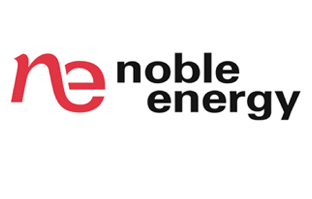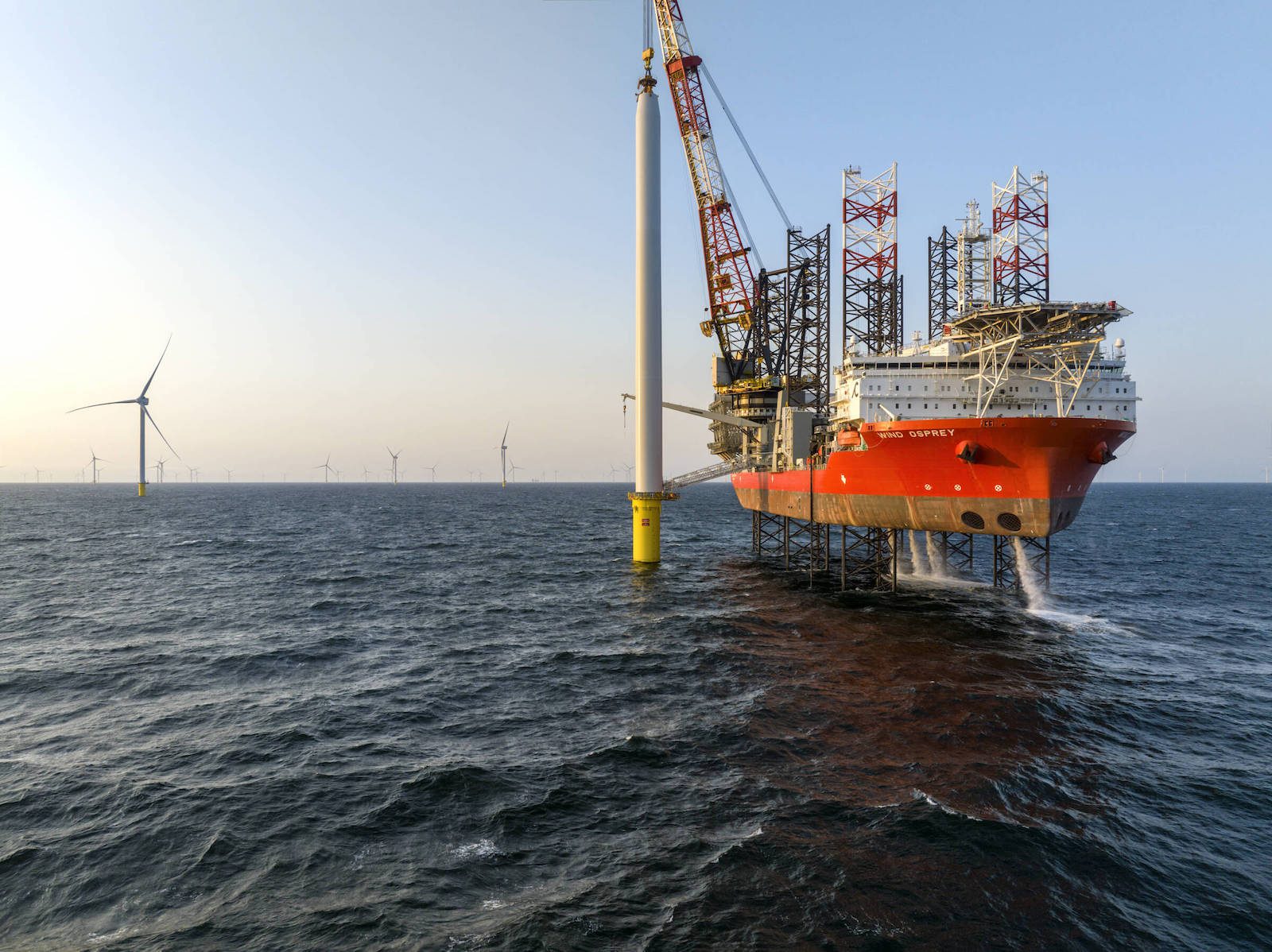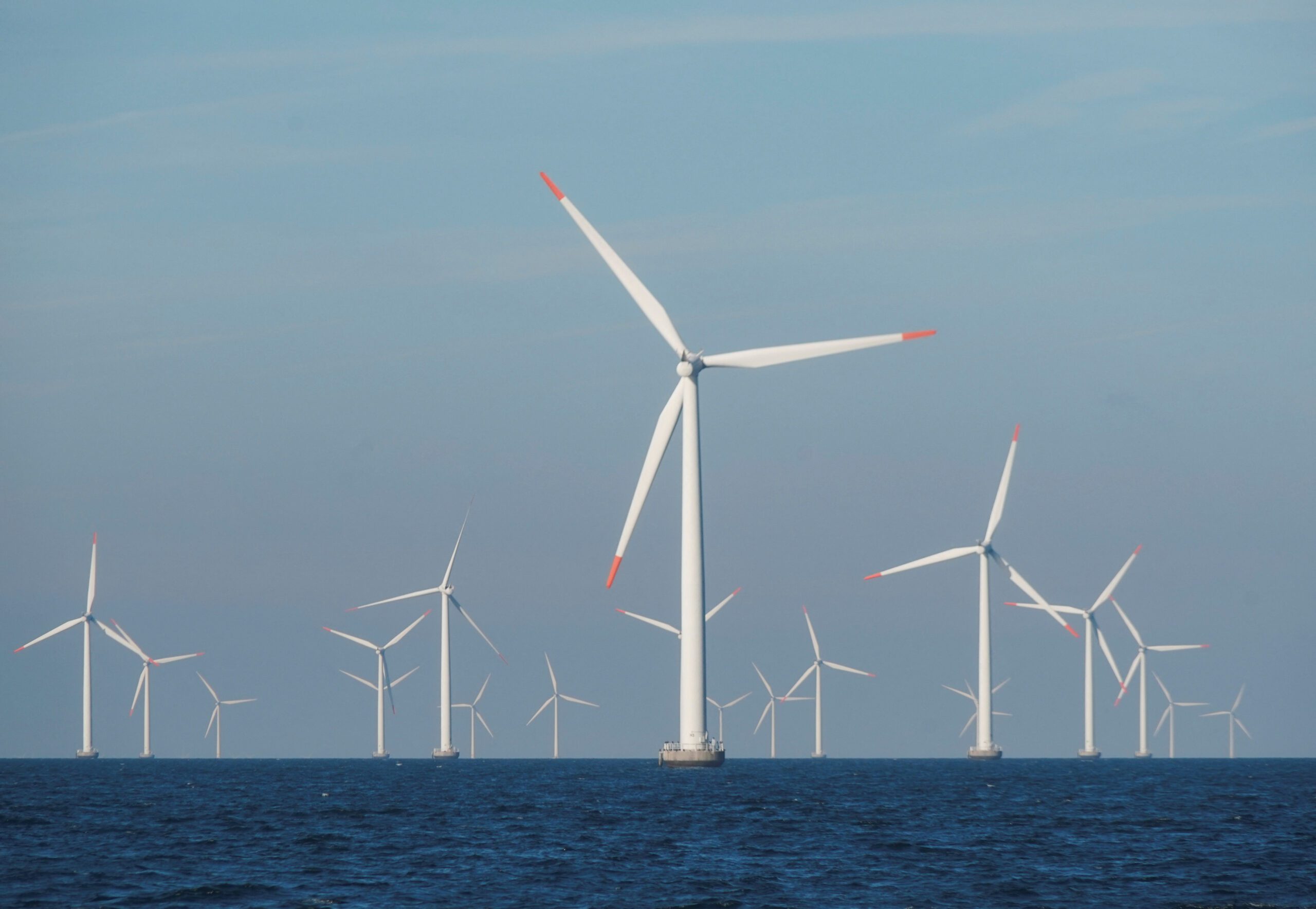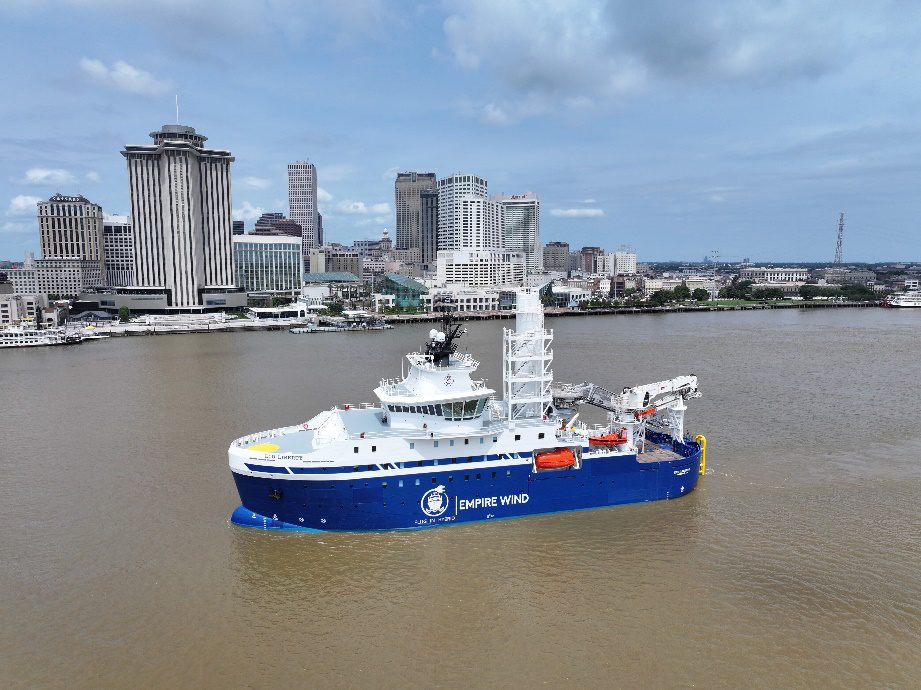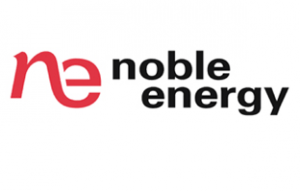 HOUSTON—Noble Energy Inc., the first company to receive a U.S. Gulf of Mexico deepwater-drilling permit in the wake of the BP PLCoil spill, said Tuesday it struck oil at its Santiago prospect.
HOUSTON—Noble Energy Inc., the first company to receive a U.S. Gulf of Mexico deepwater-drilling permit in the wake of the BP PLCoil spill, said Tuesday it struck oil at its Santiago prospect.
The discovery underscores the vast oil-and-gas wealth that lies beneath the Gulf’s seafloor and that makes companies eager to drill there.
Analysts with Houston energy research firm Simmons & Co. pointed out that the find didn’t come out of a pure exploration well, but from the third well drilled in an already ongoing development. Nevertheless, it will “will go a long way toward building confidence in the industry’s ability to continue to operate” in deepwater Gulf of Mexico, the analysts said in a note.
Houston-based Noble said that the well met 60 feet of oil pay in a high-quality reservoir. Noble owns 23.25% of the prospect, which is part of the larger Galapagos project. BP owns 46.5%, Red Willow Offshore LLC owns 20.25% and Houston Energy LP owns 10%.
The Santiago prospect is located at a water depth of 6,500 feet. Including the Santiago prospect, the Galapagos project is estimated to contain 130 million barrels of oil equivalent, 75% of which are thought to be oil.
The company expects all three wells in the Galapagos project to be on line in early 2012, adding 10,000 barrels a day of oil to Noble Energy’s production. The Santiago discovery will account for about one-third of that output, according to Simmons analysts.
Noble resumed drilling in the Santiago prospect in April. The company in February received the first drilling permit awarded in the deepwater Gulf following an overhaul of offshore-drilling regulations resulting from the Deepwater Horizon blast. The Deepwater Horizon rig, which exploded in April 2010, killing 11 and unleashing the worst offshore oil spill in U.S. history, was drilling for BP.
Noble said it will immediately proceed to complete operations at the Santiago well. The operations are expected to last two months.
(c) Dow Jones & Company, Inc.
UPDATE: Noble Energy’s (NBL) Santiago oil discovery “will go a long way toward building confidence in the industry’s ability to continue to operate in the Deepwater Gulf of Mexico,” says Simmons & Co. The third well at NBL’s Galapagos project, the find was in 6,500 feet of water and was the first deep-water drilling project allowed after US regulators halted such operations in response to last year’s oil spill.
(c) Dow Jones & Company, Inc.

 Join The Club
Join The Club



